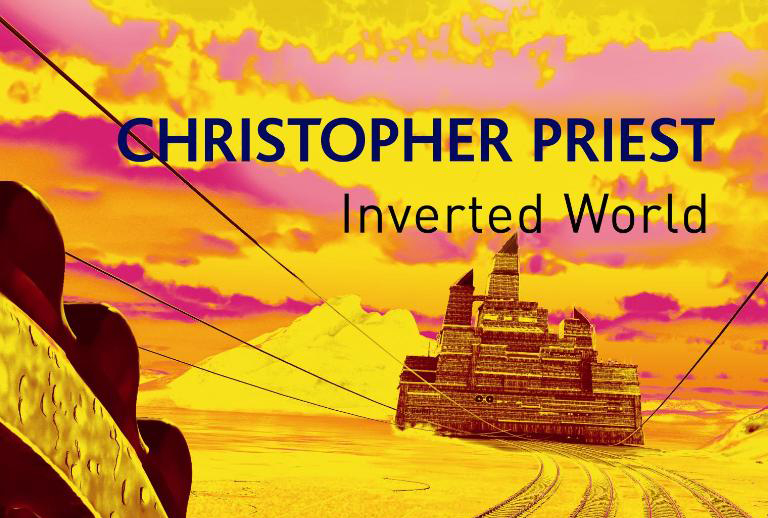

Priest has also written drama for radio and television, and he has contributed features and reviews to a number of magazines and newspapers, including The Times, the Guardian, the Independent, and the New Statesman. The Extremes (1998) won the second of Priest’s BSFA Awards, a feat repeated again by 2002’s The Separation (which also won the Clarke Award) and 2011’s The Islanders (winner also of the Campbell Award). Clarke awards, it was adapted into a film directed by Christopher Nolan, released to acclaim in 2006.

Winner of the World Fantasy Award and James Tait Black Memorial Prize, and nominated for the BSFA and Arthur C. Priest 1995’s epistolary novel The Prestige was a popular breakthrough. A tie-in to David Cronenberg’s eXistenZ appeared under the pseudonym of Novak in 1999. The same decade saw Priest embark on pseudonymous writing, issuing in 1986 two film tie-in novels: Short Circuit as Colin Wedgelock, and Mona Lisa as John Luther Novak, the only two pen names under which Priest has admitted authorship. Priest picked up BSFA nominations for The Affirmation (1981) and The Glamour (1984), a period of success also marked by his appearance on Granta’s list of Best of Young British Novelists in 1983. In the mid-1970s he was an associate editor of the UK semi-academic journal Foundations, which provided a distinctive platform for the criticism and popularization of science fiction at a time when the genre was not well established in the academy.

His third novel, The Inverted World (1974), won Priest the first of his four BSFA (British Science Fiction Association) Awards. 1972’s Fugue for a Darkening Island saw Priest nominated for the John W. His first novel, Indoctrinaire, was published by Faber and Faber in 1970, beginning a stretch of two decades during which Priest’s novels appeared almost biennially.

This a form he has continued to pursue alongside his novels and occasional non-fiction work, which has included critical works, biographies, and writing for children. His published career began with a series of short stories and other pieces that appeared in various outlets from the mid-1960s onwards. He began writing soon after leaving school. Christopher Priest was born in Cheadle, Greater Manchester, in 1943.


 0 kommentar(er)
0 kommentar(er)
